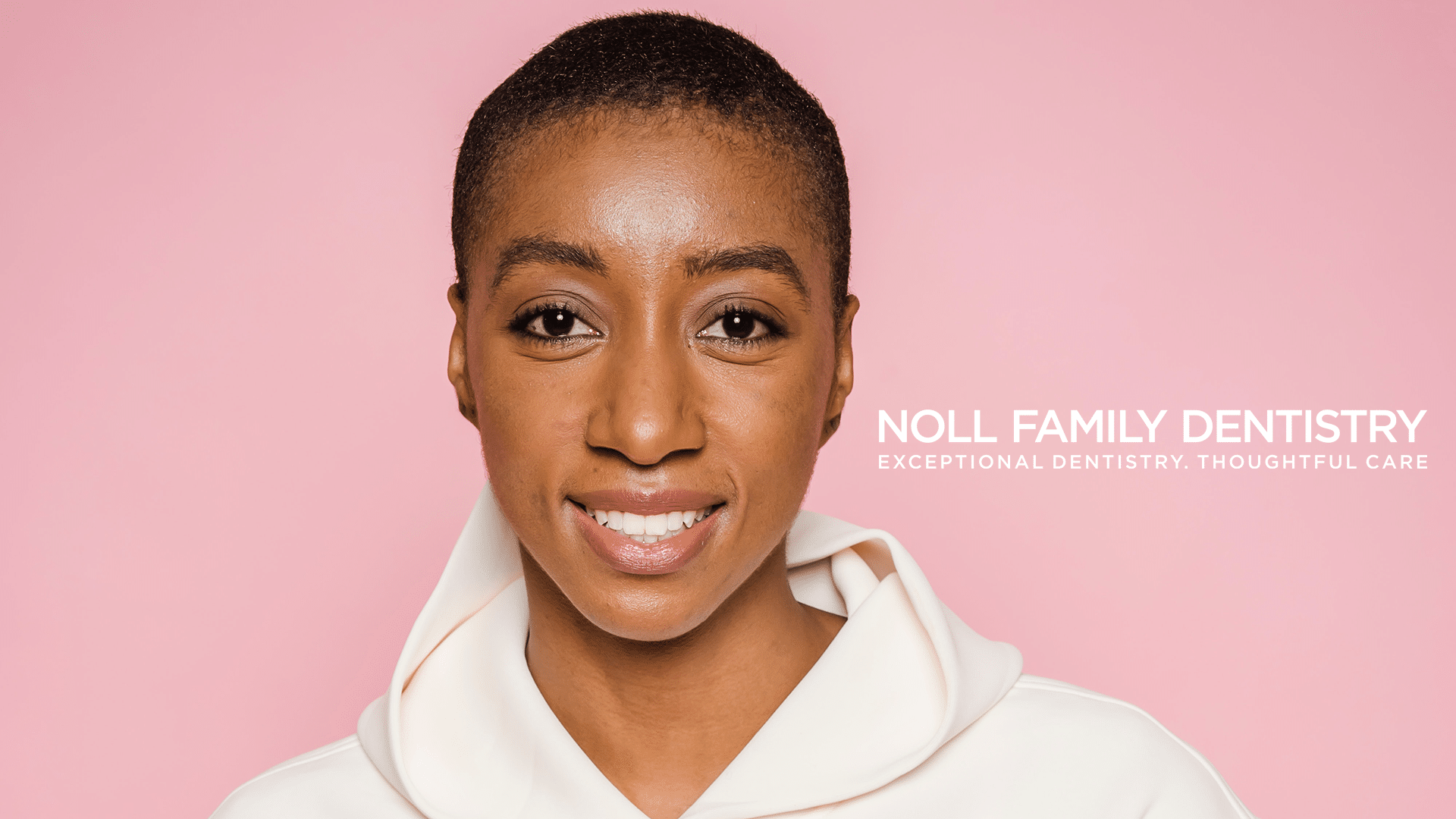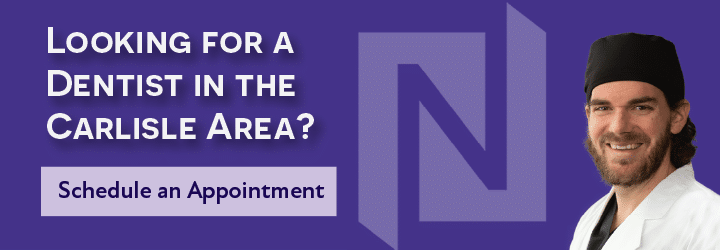
How Does Chemotherapy Affect the Mouth?
Chemotherapy is the use of drugs to treat cancer. These drugs kill cancer cells, but they may also harm normal cells, including cells in the mouth. Side effects can include problems with your teeth and gums.
What Mouth Problems Can Chemo Cause?
Everyone’s side effects are different, the problems depend on the chemotherapy drugs and how your body reacts to
them. Side effects include:
- Painful mouth and gums
- Dry mouth
- Burning, peeling, or swelling tongue
- Infection
- Change in taste
- Mouth sores
- Difficulty swallowing
- Bleeding gums
When Should I See a Dentist?
You should see the dentist before chemotherapy begins. If you have already started chemotherapy and didn’t go to a dentist, see one as soon as possible. It’s important for your dentist and cancer doctor to talk to each other about your cancer treatment. Be sure to give your dentist your cancer doctor’s phone number.
Tips to Help Keep Mouth Healthy!
Once your treatment starts, it’s important to look in your mouth every day for sores or other changes. These tips can help prevent and treat a sore mouth:
- Keep your mouth moist.
- Drink a lot of water.
- Suck ice chips.
- Use sugarless gum or sugar-free hard candy.
- Clean your mouth, tongue, and gums.
- Brush your teeth, gums, and tongue with an extra-soft toothbrush after every meal and at bedtime. If brushing hurts, soften the bristles in warm water.
- Use a fluoride toothpaste.
- Don’t use mouthwashes with alcohol in them.
- Floss your teeth gently every day. If your gums bleed and hurt, avoid the areas that are bleeding or sore, but keep flossing your other teeth.
- Rinse your mouth several times a day with a solution of ¼ teaspoon of salt or 1 teaspoon of baking soda in 1 cup (8 ounces) of warm water. Follow with a plain water rinse.
Managing and treating dental or oral side effects
If you have any dental or oral side effects during treatment, let your health care team know right away. Relieving side effects is an important part of cancer care and treatment. The specific treatment your doctor recommends will depend on your symptoms. There are several common treatments for dental and oral side effects:
- Mouth rinses that contain salt and baking soda may help treat mouth sores.
- Pain medications may also be used to treat pain from mouth sores. Medications may be placed directly on the sores, taken by mouth, or given through an IV.
- Antibiotics, antiviral drugs, and/or antifungal drugs are used to treat infections.
- Drinking water and sugarless drinks may help manage dry mouth. Sucking on ice chips or having sugar-free chewing gum with xylitol may also help. Avoid things that will dry out the mouth, such as soda, fruit juice, cigarettes, chewing tobacco, and alcohol.
- Medications that make saliva may help some people prevent or lessen dry mouth. Topical oral gels or other medications may help dry mouth caused by radiation therapy to the head and neck.
The bottom line is that you should see the dentist before chemotherapy begins. It’s important for your dentist and cancer doctor to work together to ensure you have minimal side effects and keep you as comfortable as possible. If you have any questions or concerns please contact our office. Noll Family Dentistry is here to help, always.



